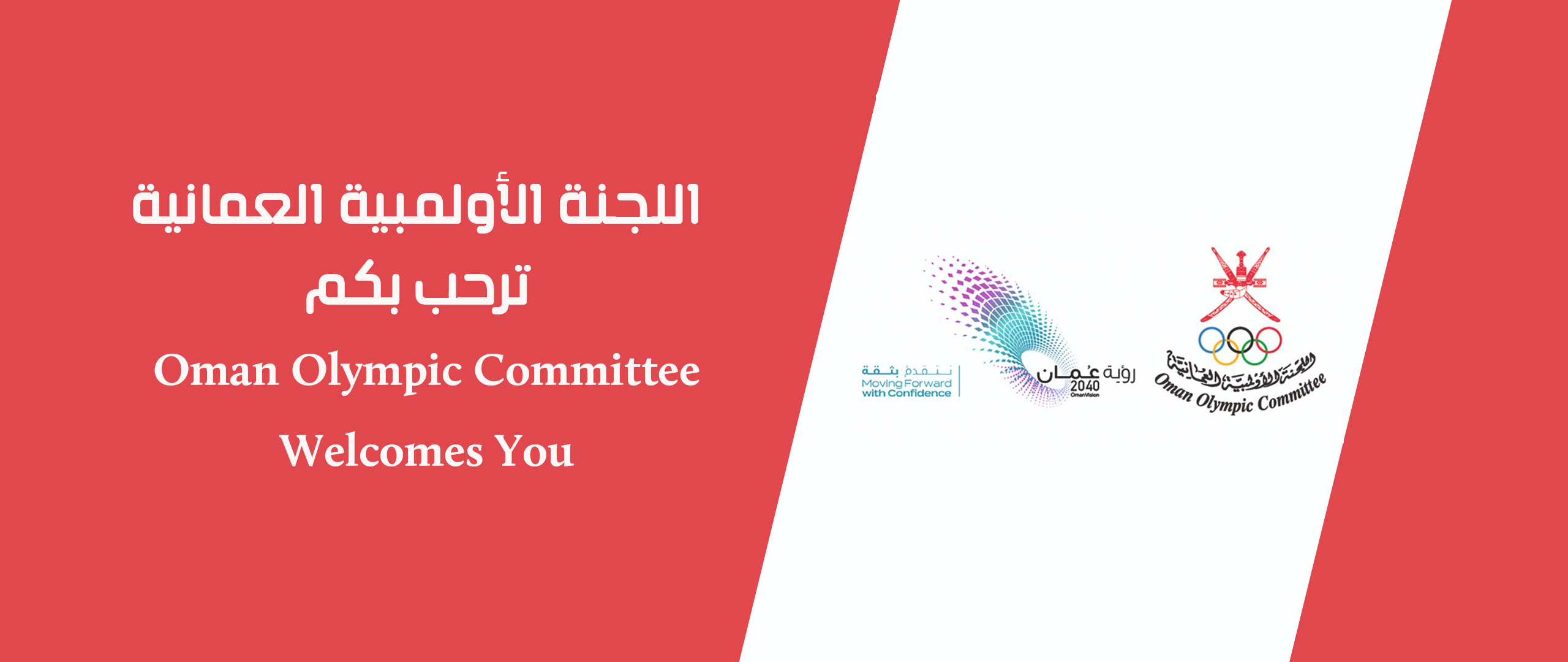Oman Anti-Doping Committee
The Oman Anti-Doping Committee is the National Anti-Doping Organization (NADO) in the Sultanate of Oman and is responsible for:
- Educating and raising awareness among athletes and their support personnel.
- Testing athletes in-competition and out-of-competition.
- Granting Therapeutic Use Exemptions (TUEs) when athletes require medications listed on the Prohibited List.
- Managing results in cases of anti-doping rule violations.
Vision
To promote a clean and doping-free competitive sports environment through regulation, education, and enforcement of the World Anti-Doping Code.
Mission
To be at the forefront of the fight against doping, ensuring athletes compete fairly and ethically, while protecting the health and integrity of sport.
Objectives
- Plan, coordinate, and implement an effective anti-doping program.
- Achieve a doping-free sport environment in the Sultanate of Oman through education and prevention programs.
- Monitor national sports federations to ensure compliance with OADC’s policy and the World Anti-Doping Code.
- Address all potential anti-doping rule violations within its jurisdiction.
- Promote mutual testing cooperation among National Anti-Doping Organizations (NADOs).
- Support and advance research related to anti-doping.
Chairman of the Committee: Captain Harib Hamad Al-Busaidi
Responsibilities and Duties of the Committee:
1. Preparing the national anti-doping regulations in accordance with the anti-doping code established by the International Olympic Committee and the World Anti-Doping Agency (WADA).
2. Establishing the technical and administrative rules governing the committee’s operations according to the World Anti-Doping Code.
3. Organizing training courses for Omani personnel in the field of anti-doping.
4. Conducting seminars, lectures, and awareness workshops on the dangers of doping, and preparing informational publications about doping. This includes continuously updating and distributing lists of prohibited substances to federations, clubs, and relevant entities.
5. Collaborating and coordinating with sports federations regarding doping tests for national teams and clubs, as well as preparing reports, statistics, and information related to these tests.
6. Nominating accredited medical laboratories approved by Olympic Council of Asian and the International Olympic Committee for sample testing, subject to Board approval.
7. Coordinating with anti-doping committees of Olympic Council of Asian and the International Olympic Committee, and communicating with WADA to ensure the success of its missions and responsibilities.
8. Reviewing doping violations and issuing relevant decisions and recommendations.





